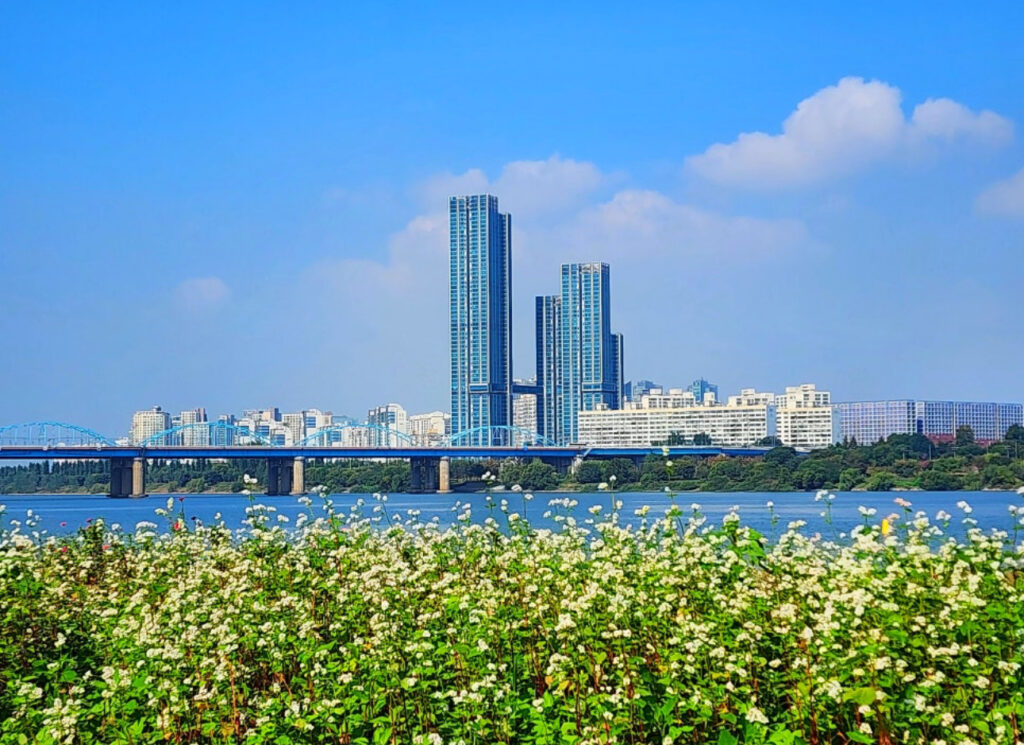South Korea’s meteoric rise from a war-torn nation to a global economic powerhouse is nothing short of remarkable. Central to this transformation is the unique “빨리빨리 (Ppalli-Ppalli)” culture, which translates to “hurry-hurry” or “quickly-quickly.” This mindset of urgency and efficiency has propelled Korea’s development and is now attracting attention from countries worldwide eager to replicate its success.

Understanding the ‘Ppalli-Ppalli’ Culture
The “Ppalli-Ppalli” culture permeates every aspect of Korean society, driving rapid progress and innovation.
Key Characteristics
- Speed and Efficiency: A focus on completing tasks quickly without sacrificing quality.
- Adaptability: Rapid adoption of new technologies and trends.
- Innovation: Continuous improvement and advancement in various sectors.
Impact on Korea’s Development
The “Ppalli-Ppalli” mindset has significantly contributed to Korea’s growth in multiple areas.
Economic Growth
| Indicator | 1960s | 2020s |
|---|---|---|
| GDP per Capita | Less than $100 | Over $30,000 |
| Global Economic Ranking | Not in top 50 | 10th largest economy |
| Export Volume | Minimal | World’s 7th largest exporter |

Technological Advancement
- Electronics: Home to giants like Samsung and LG.
- Automotive Industry: Hyundai and Kia leading globally.
- Internet Infrastructure: Among the fastest internet speeds in the world.
Influence on Everyday Life
The “Ppalli-Ppalli” culture affects daily activities, making life in Korea remarkably efficient.
Transportation
| Mode | Features |
|---|---|
| High-Speed Rail | KTX trains reaching speeds up to 305 km/h |
| Subway System | Trains every 2-3 minutes during peak hours |
| Bus Rapid Transit | Dedicated lanes ensuring timely arrivals |
Service Industry
- Fast Food: Orders completed in under 5 minutes.
- E-commerce: Same-day or next-day delivery standard practice.
- Banking Services: Account opening and card issuance on the same day.
Global Interest in the ‘Ppalli-Ppalli’ Model
Countries are observing Korea’s success and showing interest in adopting similar practices.

Why Other Nations Are Interested
- Economic Benefits: Accelerated growth and increased competitiveness.
- Technological Edge: Staying ahead in the digital revolution.
- Efficient Governance: Streamlined administrative processes.
Examples of International Adaptation
| Country | Area of Implementation | Inspired by Korea’s |
|---|---|---|
| Vietnam | Industrialization efforts | Manufacturing sector growth |
| United Arab Emirates | Smart city development | Technological innovation |
| Estonia | E-government services | Digital infrastructure |
Balancing Speed with Well-being
While the “Ppalli-Ppalli” culture has many advantages, it’s essential to balance speed with quality of life.
Challenges
- Work-Life Balance: High work hours can lead to stress.
- Sustainability: Rapid development may impact the environment.

Korea’s Response
- Labor Reforms: Implementing laws to reduce overworking.
- Green Initiatives: Investing in renewable energy and eco-friendly policies.
What Can Other Countries Learn?
Adopting the “Ppalli-Ppalli” culture isn’t about rushing; it’s about optimizing efficiency and fostering innovation.
Key Takeaways
- Embrace Technology: Leverage digital tools for efficiency.
- Encourage Innovation: Create environments where new ideas flourish.
- Streamline Processes: Reduce bureaucracy to speed up services.
Experiencing ‘Ppalli-Ppalli’ as a Traveler
As a visitor to Seoul, you’ll undoubtedly notice the swift pace of life.
Tips for Tourists
- Use Technology: Download local apps for transportation and services.
- Stay Adaptable: Be prepared for quick transitions and punctual schedules.
- Enjoy the Efficiency: Appreciate the promptness of services like dining and shopping.
Leave a Reply